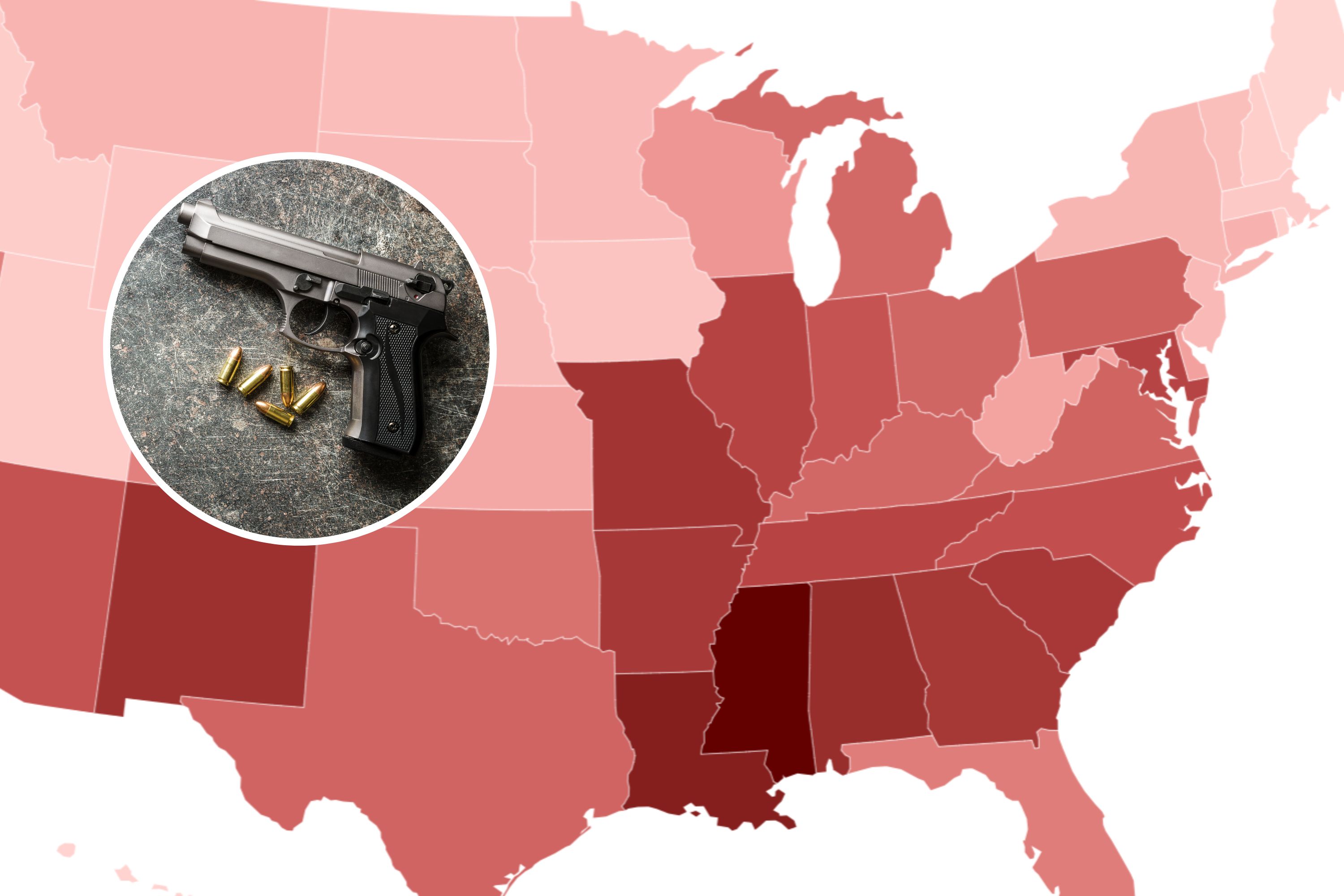The world economy is "teetering" on the edge of a global recession, the International Monetary Fund said on Tuesday.
"The global economy, still reeling from the pandemic and Russia's invasion of Ukraine, is facing an increasingly gloomy and uncertain outlook," Pierre-Olivier Gourinchas, economic counsellor and director of research for the International Monetary Fund (IMF), wrote in a blog post. "Many of the downside risks flagged in our April World Economic Outlook have begun to materialize.
"The world may soon be teetering on the edge of a global recession, only two years after the last one. Multilateral cooperation will be key in many areas, from climate transition and pandemic preparedness to food security and debt distress."
The post comes as many economic experts across the globe have warned of an economic downturn and a possible recession in the coming months.

In June, the World Bank issued a similar prediction for the global economy, saying that the ongoing war in Ukraine and the COVID-19 pandemic have continued to hinder global economic growth.
"Things have gotten, unfortunately, much worse than what we expected," World Bank Prospects Group Director Ayhan Kose said in June. "We were expecting a slowdown. That slowdown is much more pronounced now. Growth is going to go down to 2.9 percent, at the global level. Last year it was 5.7 percent."
In the blog post on Tuesday, the IMF cited the increasing rate of inflation in the U.S. as a reason for "tightening of global financial conditions."
This month, the U.S. Bureau of Labor Statistics announced that the consumer price index, a figure often used to measure inflation, increased to 9.1 percent in June, surpassing the 8.6 recorded in May to reach its highest level in 40 years.
The IMF also included a table showing predictions for the economic growth across numerous countries. The table shows that the U.S. is expected to have an economic growth percentage of 2.3, which is down from 5.7 percent last year.
"In a plausible alternative scenario where some of these risks materialize, including a full shutdown of Russian gas flows to Europe, inflation will rise and global growth decelerate further to about 2.6 percent this year and 2 percent next year—a pace that growth has fallen below just five times since 1970," the blog post said.
"Under this scenario, both the United States and the euro area experience near-zero growth next year, with negative knock-on effects for the rest of the world."
Newsweek reached out to the IMF for comment.
Uncommon Knowledge
Newsweek is committed to challenging conventional wisdom and finding connections in the search for common ground.
Newsweek is committed to challenging conventional wisdom and finding connections in the search for common ground.
About the writer
Matthew Impelli is a Newsweek staff writer based in New York. His focus is reporting social issues and crime. In ... Read more





